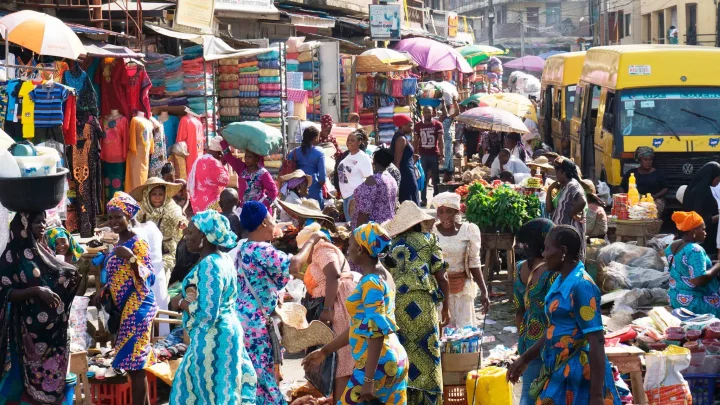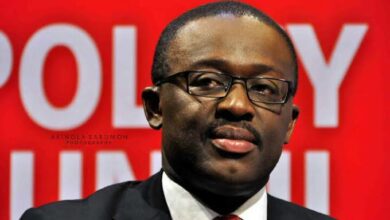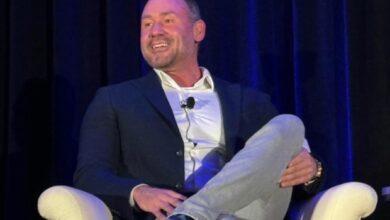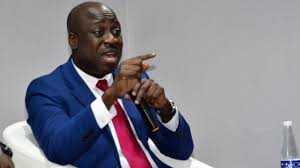Presidency says Akinwumi Adesina spoke like a politician on Nigeria’s GDP
Nigerians not worse off than 1960


The presidency has said Nigerians are not in a worse economic situation than they were 64 years ago, rejecting the claims of president of the African Development Bank (AfDB), Akinwumi Adesina, on the country’s gross domestic product (GDP) per capita.
Adesina had on May 2, said with a current GDP per capita of $824, Nigerians are worse off than they were at independence in 1960 when it was $1,847.
He said despite Nigeria being Africa’s largest economy by GDP, its economic structure remains deeply flawed and unsustainable.
Responding in a statement on Monday, Bayo Onanuga, special adviser on information and strategy to President Bola Tinubu, said the GDP per capita is not the only measure of whether people’s standard of living is better now than in the past.
“Dr Adesina should know that GDP per capita is not the only criterion used to determine whether people live better lives now than in the past. Indeed, it is a poor tool for assessing living standards,” Onanuga said.
“Its primary usefulness is in giving us the metrics to compare economic output in a country or between countries.
“GDP masks many activities in a country’s economy. It neither discloses wealth distribution or income inequality nor accounts for the informal economy, which experts have said is enormous.”
He said GDP does not account for subsistence farming or income transfer from one family member to another.
“According to available data, our country’s GDP was $4.2 billion in 1960, and per capita income for a population of 44.9 million was $93, not even one hundred dollars,” Onanuga said.
“Our country’s GDP did not rise remarkably until the 1970s, when crude earnings ballooned. In 1970, our GDP rose to $12.55 billion. In 1975, it was $27.7 billion, $64.2 billion in 1980, and $164 billion in 1981.
“Up until 1980, per capita income did not exceed $880. It rose to $2187 in 1981 and dropped to $1844 in 1982. In 2014, after rebasing, it reached an all-time high of $3,200.”
The special adviser said the facts raise questions about the source of Adesina’s figures.
“GDP per capita is silent on whether Nigerians in 2025 enjoy better access to healthcare, education, and transportation, such as rail and air transport, than in 1960,” Onanuga said.
“This premise alone suggests why Dr Adesina should not have arrived at his conclusion. Compared with 1960, Nigeria today has more primary, secondary, and tertiary schools.
“We have more road networks and more medical facilities, private and public. We have phenomenal access to telephones.”
In the words of Onanuga, at independence, Nigeria had “18,724 operational phone lines for a population of about 45 million.”
Onanuga stated that more than 200 million Nigerians “now enjoy near-universal access to mobile phones and digital services, indicating we are better off today than 65 years ago”.
“In our country, policymakers know that whatever GDP figure NBS publishes may not capture our economy’s full depth and breadth if it fails to include the informal economy, which some pundits have said may even be more significant than the formal economy,” he said.
“This underscores why Dr. Adesina should have considered all aspects of our economy before concluding.”
“No objective observer can claim that Nigeria has not made progress since 1960,” Onanuga said.
He said Adesina spoke like a politician, “in the mould of Peter Obi and did not do due diligence before making his unverifiable statement”.




